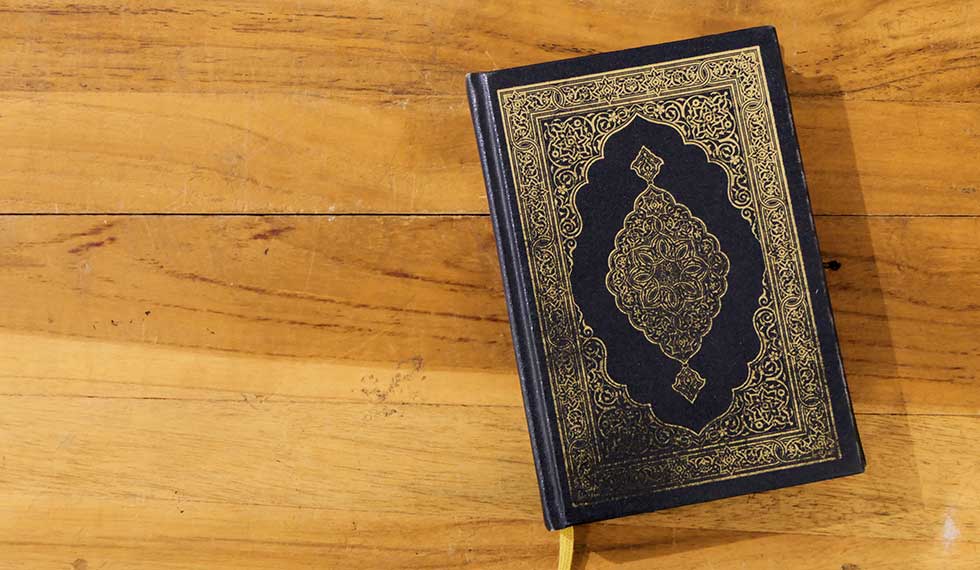In Muslim law, there are specific rules that apply to gifts or hibah, and this article will address such rules. The law states that a Muslim may immediately give away anything that he or she owns (or any amount thereof) to another party (for example, to a person or a charitable organisation). He or she may do this by directly transferring both the legal title and possession of the subject of the gift to the receiver (also known as the donee). As an alternative, the person making the gift (also known as the donor) can execute a document (usually a "Deed of Gift") to declare the present to the donee. With this, the legal title to and possession of the subject of the gift may not immediately be passed to the donee.
Rules which apply to hibah
- The donor must have legal title to the subject of the gift and the legal capacity to give the same gift to the donee.
- A hibah will not be valid if it is made by a minor or individual who lacks mental capacity or a person under undue pressure or force.
- A hibah must clearly express the offer of the gift to the donor, as well as a correct description of the subject of the gift, and the terms of the present (if any). It should also state the fact that the gift is being made without any expectation to receive it. In other words, the donee did not receive money or other forms of reward, or expect to receive such compensation.
- Revoking the hibah:
- Islamic scholars coming from the Shafie, Hanbali, and Maliki schools of Muslim law believe that a hibah may be revoked at any time. The only condition is that the subject of the gift has not been handed over to the donee. Once the donee is in possession of the gift, the donor may not revoke it. A revocation will only be possible if the gift is from a parent or grandparent and given to his or her child or grandchild.
- To revoke a hibah, the donor must perform one of the following tasks as Kaffarah (a form of religious penalty). The donor must:
- Provide food for ten poor people with the type of food that the donor usually consumes;
- Provide clothing for ten poor people; or
- Fast for three days.
Hibah vs Faraid
Assets that the deceased has given away during his or her lifetime will not be included in the ambit of Faraid. To say it differently, the deceased's distributed assets will remain the property of the donor(s) and cannot be distributed further to the deceased heirs (waris).
Hibah vs wasiat (will)
In a wasiat, a Muslim cannot give away any of the assets to persons who are already his or her heirs under Faraid. Moreover, a Muslim cannot give away more than a third of his or her assets. When it comes to hibah, these restrictions do not apply.
Hibah Ar-Ruqbah
Hibah Ar-Ruqbah is a type of conditional gift. The donor essentially says: "This property is yours as ruqba; if you should die before me, the property becomes mine, and if I die before you, the property becomes yours." The Arabic term ruqba means "waiting for the other to die." Unfortunately, there are opposing opinions among Muslim scholars when it comes to the validity of such gift under Muslim law. Such gift may be seen with the intent to take effect after the death of the donor, in which case it may be subject to the restrictions that apply to the wasiat as described above.


